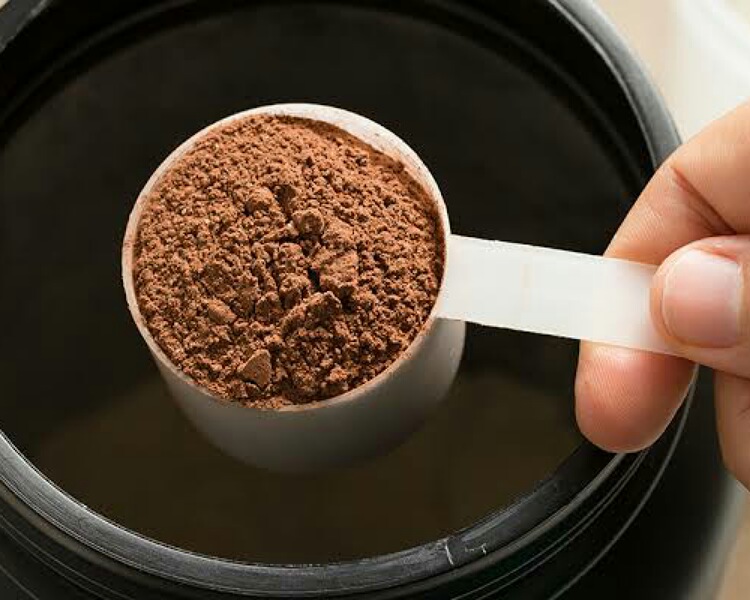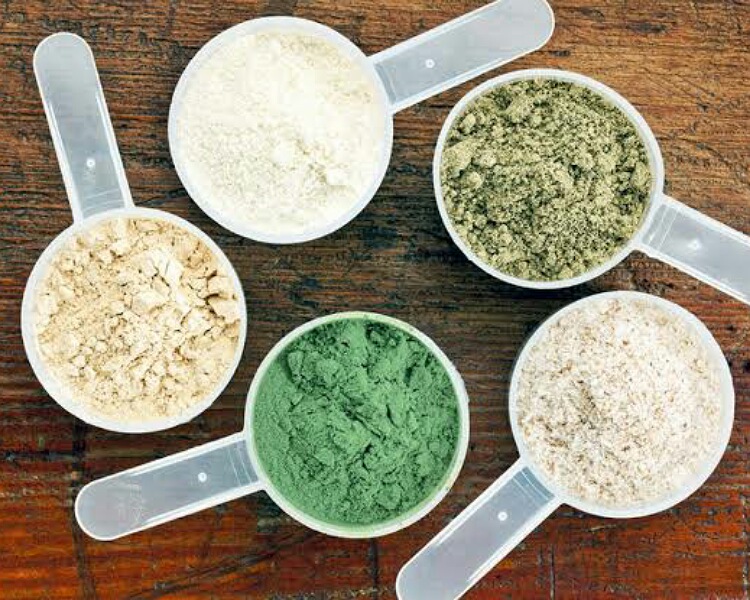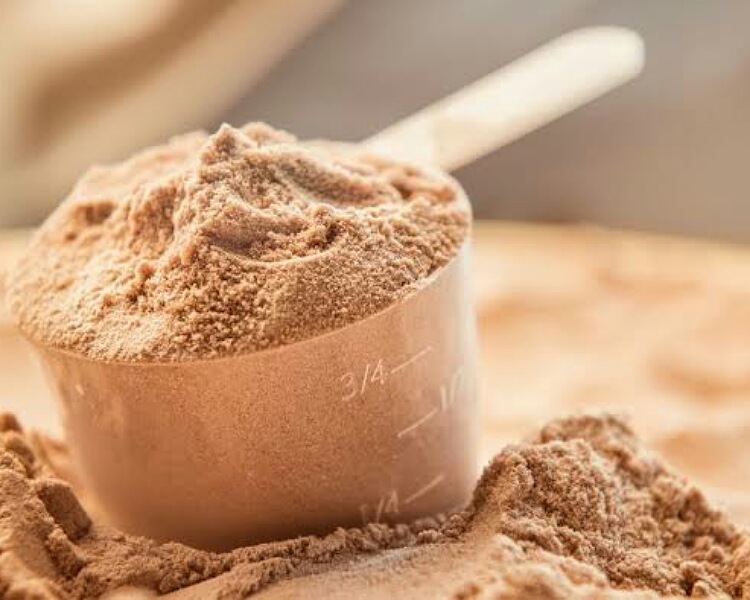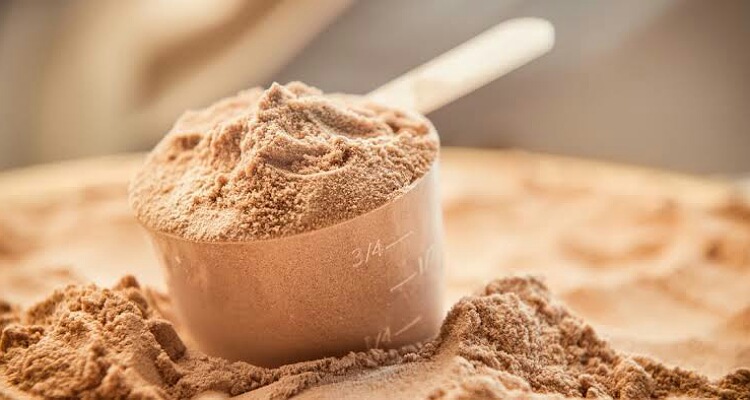Protein powder is used in shakes and smoothies before and after workouts. This is to help muscle repair and regeneration.
This also ensures strong muscular body and loss of body fat. Like all other foods, this powder should be in moderation in the daily diet.
If consumed in excess, it could lead to digestive issues and rollback on weight loss. Read on for the detailed explanation.
Protein powder shakes and smoothies
Nowadays, protein powder consumption as supplements are common with people attending gyms. Those engaged in vigorous workout sessions, drink this powder religiously in the form of shakes or as smoothies.
They prefer to have it both before as well as after their exercise regime. This is believed to help in repair of the muscles that might have been torn during the phase of exercise.
The soreness of the muscles post-workout and fatigue decreases. Muscle pain is less. And the muscles also get stronger. Excess body fat is lost and the physique of the person improves.

Like all other food items or things, intake of this commercial powder should be balanced. Different brands are available and the sources could be plants or animals.
But an excess of this powder can harm the body in several ways. It could affect the gut and also negate the effect of exercise on weight loss.
Daily protein requirements
An adult who is healthy requires around 0.5 to 0.8 grams of protein per day. Dietitian Dana Ellis Hunnes states:
“This means an average healthy 140-pound woman only needs 51 grams of protein per day,”

Most people who are on a flexitarian diet get enough proteins from their daily foods. Meat, whole grains, legumes, eggs, soy products, cottage cheese are rich in protein.
Therefore, most people do not require supplements of protein. Protein supplements provide around 30 grams of protein per day. Hence, along with a balanced adequate diet, taking supplements might cause an excess of protein buildup in the body.
Effect on gut, kidneys, and weight
Too much of protein can harm the gut and kidneys. It can reverse weight loss. Dana elaborates:
“the excess protein (calories) turn into fat.”

This fat would get redeposited in the body. Hence, instead of losing weight, one may start gaining weight. Your weight goals might be lost. Protein in excess is also harsh on the gut and kidneys. Dana states:
“too much protein can be harsh on the kidneys that have to filter all of that, and it can be hard on the digestive tract, depending on the type of protein.”
Read more here: Edible grasshoppers: untapped source of food protein and good fats to alleviate hunger and malnutrition in Africa!
Having said this, this does not mean that you should totally stop protein powder intake. Instead, have it in moderate quantities. Avoid excesses. Dana’s concluding remarks:
“For the general healthy person who is just trying to put on muscle or lose weight, I strongly recommend a healthy, whole-food, plant-based diet that contains several varieties of whole grains, fruits, vegetables, nuts, seeds, and legumes,”
